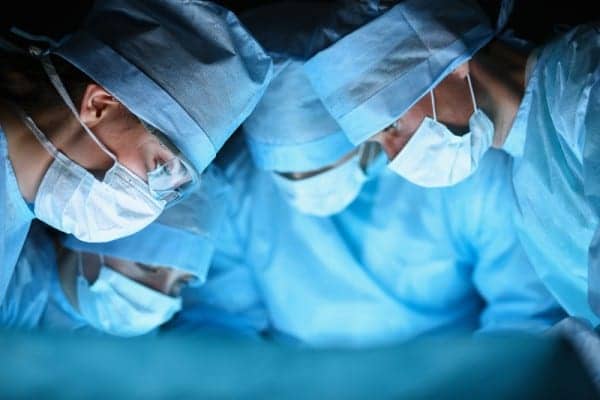OMNIMED, a medical technology company, announced the launch of OMNIMED SmartOR, a customized network of modular, data-driven technologies that sense, observe, and understand the complex activities of hospital operating rooms and surgical suites.
“OMNIMED is committed to saving lives,” says co-founder and CEO Nick Moran. “The SmartOR brings intelligence into today’s data-rich operating room, empowering surgical teams, chief medical officers and hospital administrators to make informed decisions that increase efficiencies and improve patient outcomes.”
To evolve the modern surgical suite, OMNIMED collaborated with Maya HTT, Johns Hopkins University Applied Physics Laboratory, and The BDO Center for Healthcare Excellence and Innovation and BDO Digital.
Through a single point of control, the fully integrated system uses a combination of sophisticated technologies to capture millions of data points. By leveraging pose detection, sterile zone tracking, drop detection, heat mapping and other capabilities, OMNIMED’s SmartOR can monitor all activities, procedures and equipment occurring in the surgical suite. To build this robust technology platform, OMNIMED tapped industry leaders.
“Maya HTT brings expertise in AI, telemetry, software development and engineering. And it is this combination of expertise that allows us to expand what can be done for humankind — from landing rovers on Mars to improving manufacturing and now to hospital operating rooms,” says Remi Duquette, vice president | Industrial AI, Maya HTT Ltd. “Our work with OMNIMED SmartOR is helping to create a better, more efficient OR and reduce the adverse effects resulting from hospital operating room conditions.”
The SmartOR collects, analyzes, and measures millions of data-points. These real-time insights can be used to adjust actions, automate routine tasks, optimize traffic and workflow, reduce labor costs, and streamline complex procedures.
“The future of healthcare is real-time data. This creates a collaborative and connective environment using actionable insights that patient-centered care demands,” says Steven Shill, partner and national leader of The BDO Center for Healthcare Excellence and Innovation. “Our work with OMNIMED supports BDO’s objective to enable our clients to meet the evolving challenges of the industry.”
According to Moran, the applications for this system are expected to extend far beyond the thousands of operating rooms and surgical suites across the U.S. and into areas such as R &D, training, education, or military usage.
“Creating improvements in healthcare through the application of effective, advanced technology is a challenge that the Johns Hopkins Applied Physics Laboratory has been focused on for decades,” says Scott Simpkins, a biomedical engineer and project manager in APL’s Intelligent Systems Branch.





